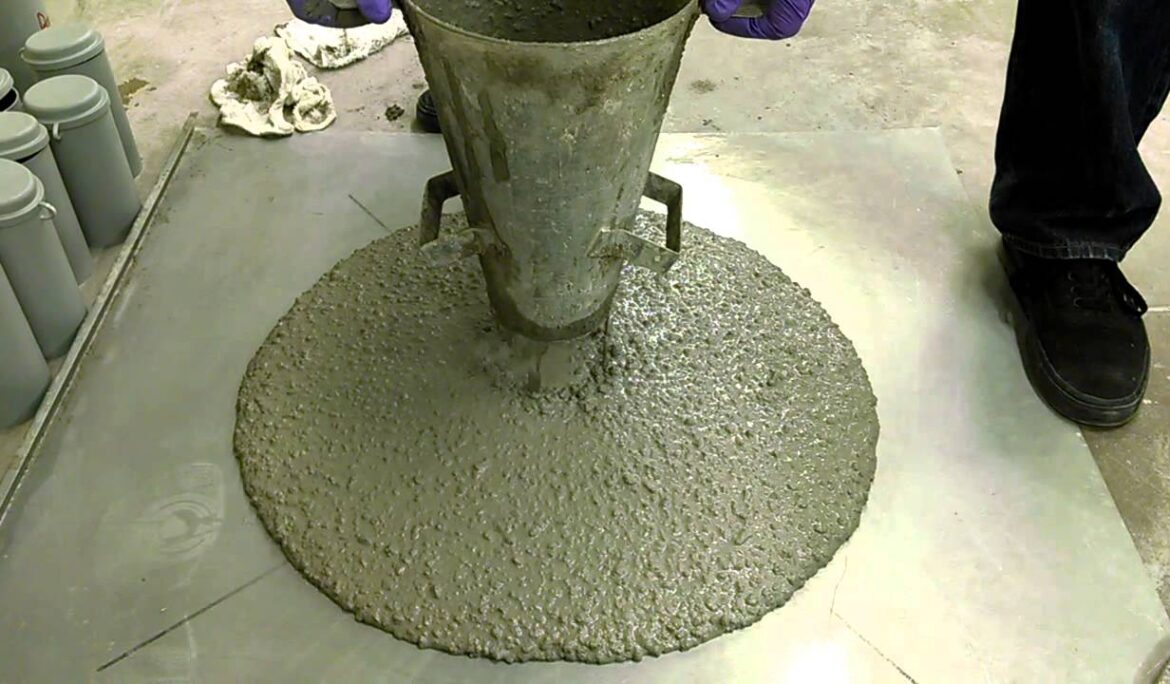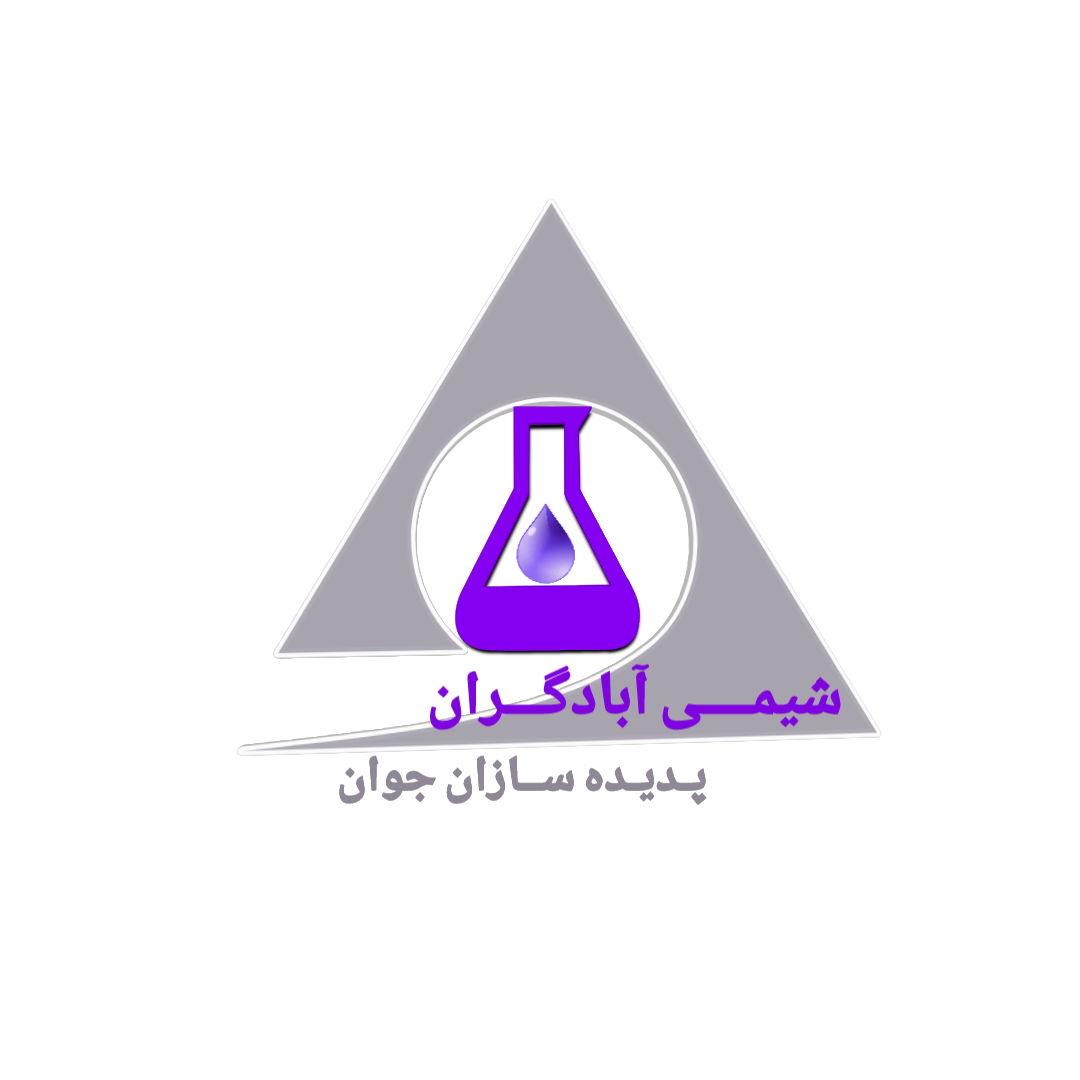Admixtures for concrete types, uses, advantages and limitations

In this article, we discuss additives for the type of concrete, their use, advantages and limitations. To buy and know the price of super lubricant, tile adhesive, anti-acid mortar, rebar planting adhesive, concrete restorer, epoxy and antifreeze grout, etc., you can contact Shimi Abadgaran Company. Call.
فهرست مطالب
- 1 What are additives in concrete?
- 2 Why do they use additives in concrete?
- 3 Admixtures for concrete types, uses, advantages and limitations
- 4 Types of additives used in concrete
- 5 Classification of additives based on functions
- 6 Air entrained additives in concrete
- 7 Create more workable concrete
- 8 Accelerating additives in concrete (accelerators)
- 9 retarder additives in concrete (retarder)
- 10 Water reducing additives in concrete (efficiency additives)
- 11 Super lubricant additives
- 12 Other types of additives include:
- 13 Corrosion inhibitor additives
- 14 Other types of additives include:
- 15 What are the advantages of additives in concrete?
- 16 The role of chemical additives in concrete:
- 17 Adverse effects of additives in concrete
- 18 Purchase and price of super lubricant, tile adhesive, anti-acid mortar, rebar planting adhesive, concrete restorer, epoxy grout and antifreeze company Shimi Abadgaran
- 19 the address of Central office
- 20 Address of Shahriar factory
What are additives in concrete?
Additives in concrete It is said to the materials that for Modify some properties Cement concrete in fresh or hardened condition for improvement Quality And Performance of concrete etc. are used to achieve specific results in work at the construction site by adding various additives used in concrete.
Admixture is not a raw material, the raw materials of concrete are cement, sand, aggregate and water. They should not affect any type of concrete properties. Additives are not a substitute for good concrete practices.
Admixtures are primarily used to reduce the cost of concrete construction projects.
Why do they use additives in concrete?
Additive in the use of concrete to improve concrete setting time, concrete performance, air bubble dispersion, etc.
In recent times, development has increased on a very large scale, so we began to use Concrete with resistance Top For bridge construction projects and tall buildings like We built skyscrapers. So create Concrete mixing plan Manually on site by labor is not possible, so the use of ready concrete It has really promoted and the use of RMC has really promoted the use of concrete admixtures.
In the market, there are all kinds of additives used in concrete, such as accelerators, retarders, aerators, pozzolanic materials, waterproofing, etc., which are used in practice by civil engineering manufacturers in the building industry.
Admixtures for concrete types, uses, advantages and limitations
Additive dosage in concrete is usually used in small amounts such as 0.005 to 2% of cement weight.
But softeners and super-lubricants (water reducers) are used a lot in recent times. A variety of concrete additives were invented around 1970 in Japan and Germany.
Most of the additives used in concrete are prepared in ready-to-use liquid form and are added to concrete at the construction site.
Types of additives used in concrete
The types of chemical additives in concrete are as follows.
- Chemical additives
- Mineral additives
Classification of additives based on functions
It covers the five main types of admixtures for concrete, as listed below, and also provides answers to the admixtures used in concrete.
Air entrained additives in concrete
Air encapsulating additives in concrete: Small air bubbles are formed uniformly throughout the concrete mixture for cohesion and frost resistance Increase the durability of concrete.
Create more workable concrete
- The efficiency is high
- High degree of durability
- Reduce wetting and drying cycles
Accelerating additives in concrete (accelerators)
Accelerating additives in concrete: Admixtures are used in concrete to reduce the development time of the initial strength of concrete and also to reduce the concrete curing time.
retarder additives in concrete (retarder)
Retarding additives in concrete: Concrete additives are used in concrete to increase the setting time of fresh concrete to ensure its efficiency.
Water reducing additives in concrete (efficiency additives)
Water-reducing additives in concrete help to reduce the amount of water needed to reach the required concrete slump.
Low cement reduces CO2 emissions.
Super lubricant additives
Superfluidic admixtures Advantages of admixtures in concrete have the ability to reduce the water content to 12-25% to create a high fluidity.
Other types of additives include:
Corrosion inhibitor additives
To reduce the corrosion rate of reinforcements in concrete.
To reduce the corrosion rate of reinforcements in concrete.
Other types of additives include:
- Pozzolana additives
- Grouting additives
- Waterproof additives
- Air blocking additives
- Bonding additives in concrete
- Gas-forming additives
- Coloring additives (concrete color additives)
- Additives inhibiting the expansion of alkaline aggregates
- Fungicides, germicides, insecticides additives
What are the advantages of additives in concrete?
Why do we use admixtures in concrete – the benefits of admixtures in concrete is the most common question in the minds of civil engineers as well as contractors and home owners.
A list of the benefits of additives in concrete is written below, which shows the importance of additives in concrete.
The role of chemical additives in concrete:
- Admixtures are used in concrete to increase the strength of concrete/mortar.
- To speed up the initial setting time of cement concrete.
- To delay the initial setting time of concrete.
- To improve the performance of concrete.
- To increase the durability of concrete.
- To reduce heat during hydration.
- Additives are used in concrete to produce lightweight concrete.
- To reduce the permeability of FINA concrete.
- To control alkali expansion, aggregate.
- To improve resistance to sulfate attack.
Adverse effects of additives in concrete
Additional disadvantages in the building: The high use of additives in concrete creates harmful effects on the properties of concrete.
Below are the adverse effects of excessive use of admixtures in concrete.
- One of the common softeners that is generally used is lignosulfonate acid in the form of calcium or sodium salt. In higher doses, it may delay the onset of action.
- Higher dosage affects the shrinkage and creep properties of concrete.
- A higher dosage of emollient may cause separation and premature hardening under certain conditions.
- A higher dosage of superplasticizer may increase the rate of loss of workability of concrete.
- Perhaps the most common retarder known is calcium sulfate (gypsum). Addition of excess amount of gypsum may cause undesirable expansion and indefinite delay in setting of concrete.
Read more: Epoxy rebar planting glue

